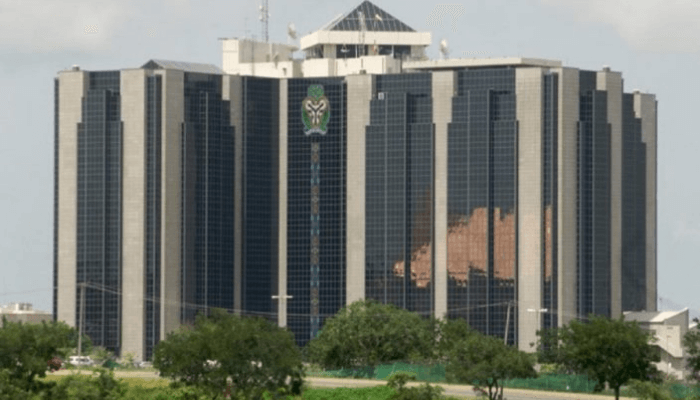In a major development, the Nigerian House of Representatives has directed the Central Bank of Nigeria (CBN) to suspend the implementation of the controversial Cybersecurity levy, also known as the E-levy.
The decision comes after a public outcry and concerns raised by Nigerians about the levy.
The levy highlighted the amount to be paid by Nigerian after every financial transactions.
The Central Bank of Nigeria has told financial institutions the 0.5% levy intended to raise money to enhance cybersecurity.
The House said the circular by the apex bank was prone to misinterpretation, as it appeared to contradict the provisions of the Cybercrime Act.
Adopting a motion of urgent public importance, the House asked the Central Bank to immediately withdraw its earlier circular on the pimplementation of the levy and issue a new one in line with the Act.
The Minority Leader, Kingsley Chinda (PDP, Rivers), who moved the motion on behalf of the entire members, explained that section 44(2a) of the Cybercrime Act listed the entities expected to pay the stipulated fees, which include GSM and telecom companies, internet service providers, banks and other financial institutions, insurance companies, and the Stock Exchange.
Chinda stated that the CBN circular had raised apprehension across the country, as it gave the impression that the levy was to be paid by Nigerians, at a time when they are already grappling with the increased prices of petroleum products.
The House’s decision to suspend the e-levy implementation is a significant victory for the Nigerian public, who have voiced their concerns and opposition to the move. The government’s responsiveness to the public’s concerns is a testament to the strength of democratic principles and the power of collective action.
As the situation unfolds, it remains to be seen how the government will address the cybersecurity concerns that prompted the introduction of the e-levy in the first place. However, this suspension is a clear indication that the government is willing to listen to the people and reconsider policies that may adversely impact the lives of Nigerians.
By Vincent Kubi


